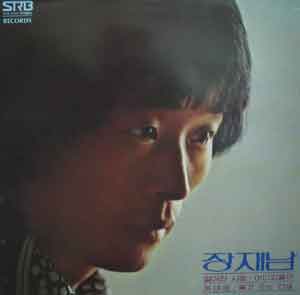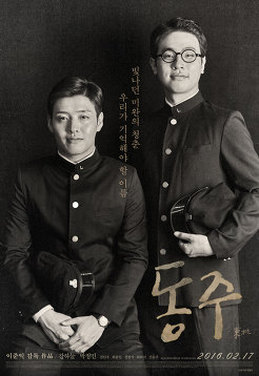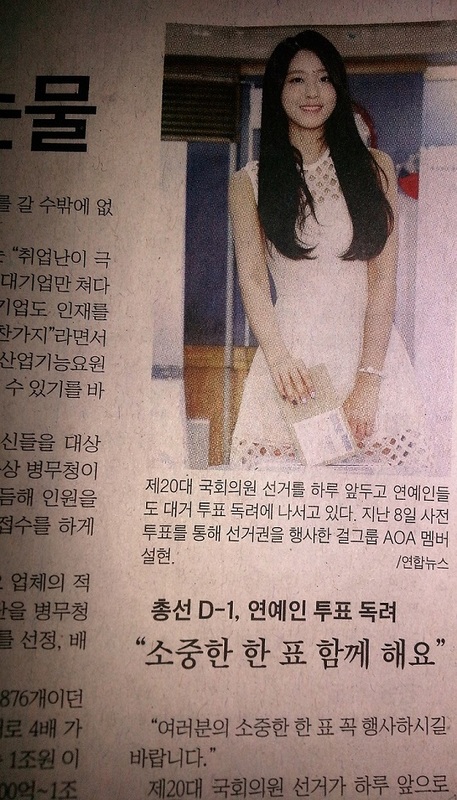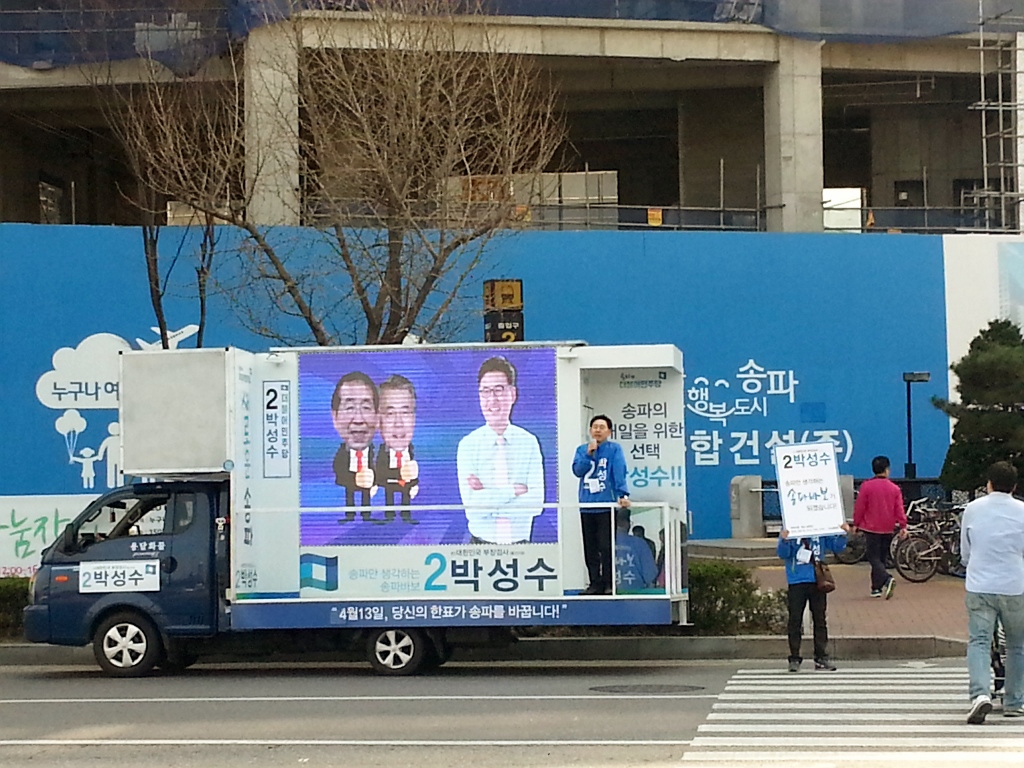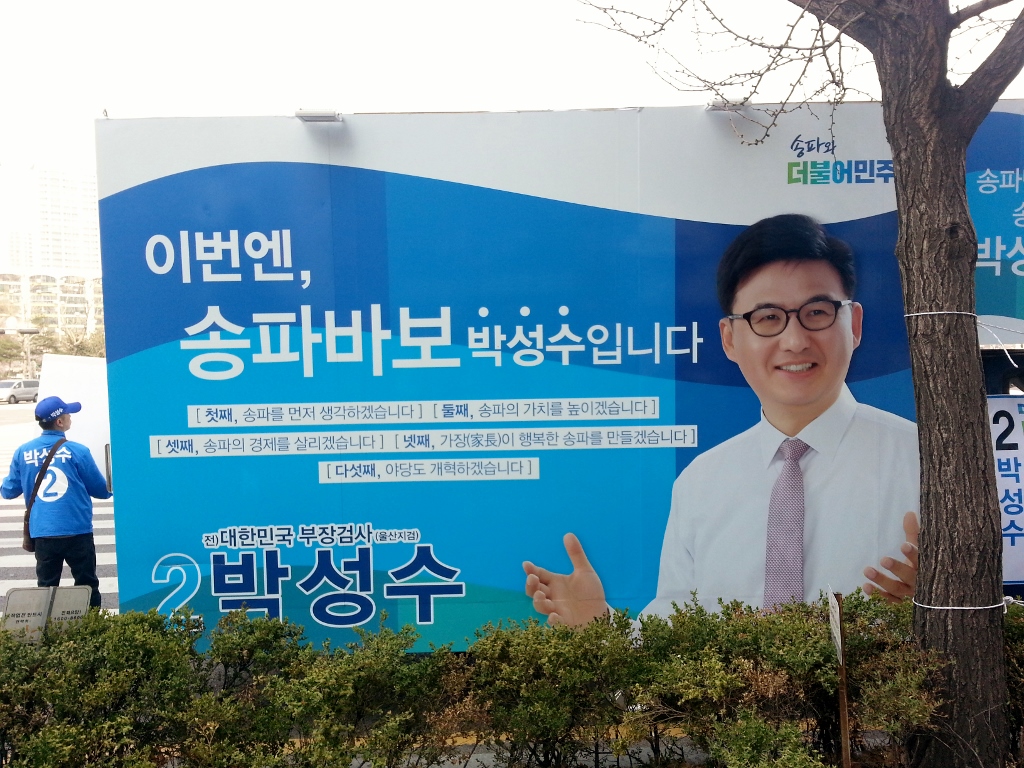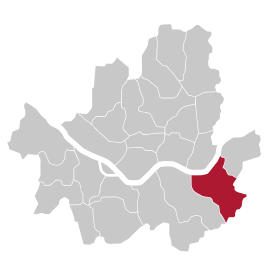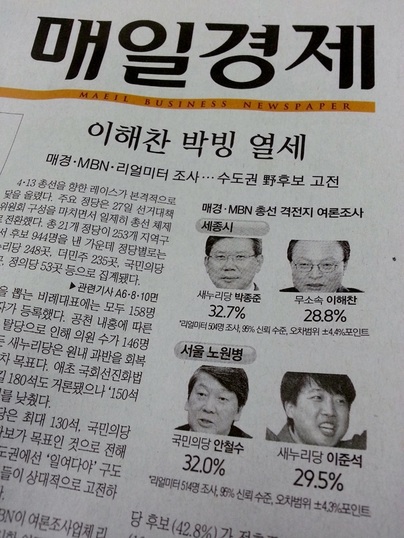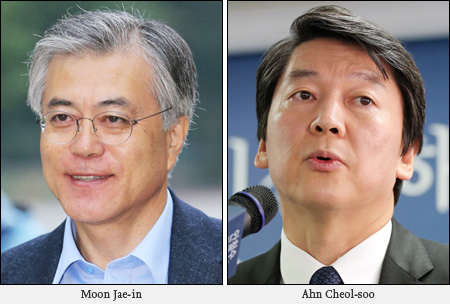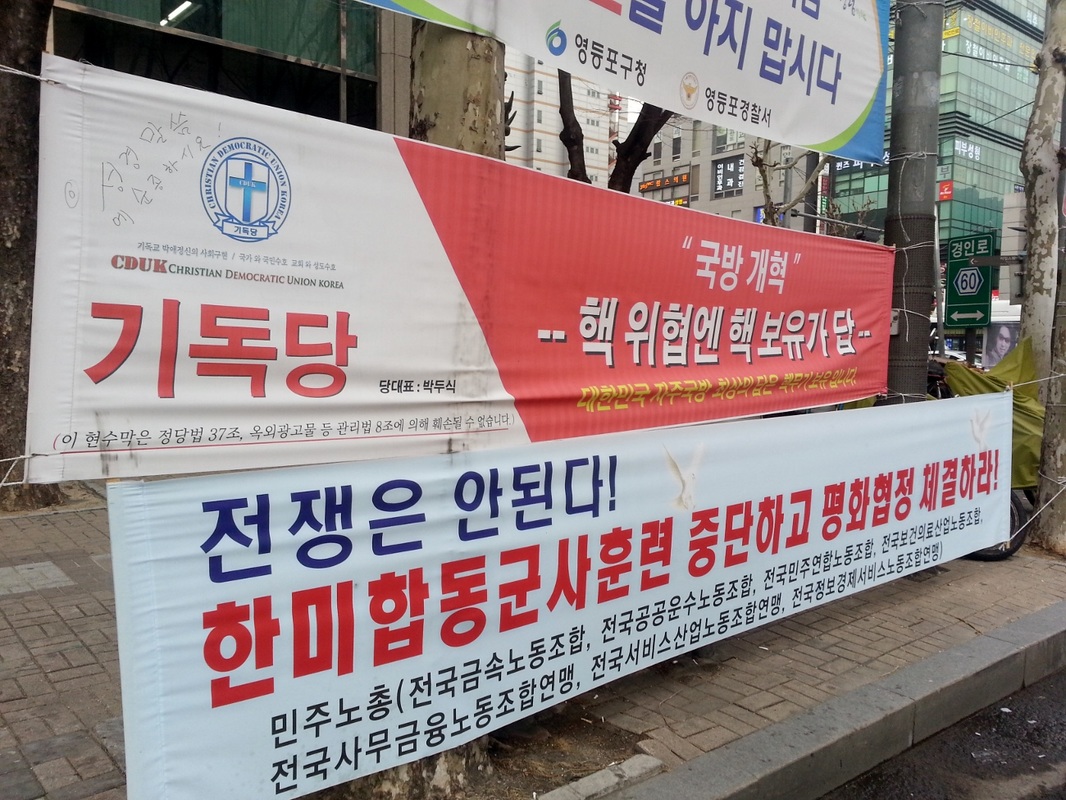I recently met a British journalist based in Korea, author of several history books, and that meeting has, in part, inspired me to make the forthcoming comments.
Now, in fact, I have actually never set foot on UK soil and have, actually, always felt closer kinship with the peoples of the northwestern European mainland despite shallow language differences with the latter and purported linguistic unity with the former. (I have come to realize two things in recent years [1] On American-British linguistic unity: I cannot speak on “native speaker terms” with people from the UK, as my days regularly playing soccer with British people in Incheon, Korea taught me. Very often I stood there unable to follow their conversations… and [2] I have come to appreciate, after some years away, that culture similarity among the kindred peoples of Europe — despite what we may think or want to think — is very high.)
I admire the British for their highly-cultivated verbal abilities. It is generally always entertaining to hear a British speaker, on any subject. Take a North American and an Englishman of equal intelligence and background. Despite this “base parity” and despite our shared cultural origins as products of that which we call Western Civilization, we all know that the Englishman will likely have a much better apparent way with words. Why is this? I am not exactly sure.
I have also had occasion to listen to an American pastor (in English) and a German pastor (in German), who share the exact same nominal religious tradition, but in whose presentation I found the American somewhat too unserious, readily sliding into a jokey mode, while the German pastor I found more properly dignified and ultimately, then, a warmer and more engaging.
Is it that Americans have a certain anti-intellectualism that has leveling effect on demonstrated rhetorical ability? Is there a cultural pressure in the present-day USA to not appear “too smart”? Has there always been? How then, does one explain the beautiful rhetoric of the Founding Fathers, of Lincoln?
As to whether present-day American civic life suppresses rhetorical ability (or the demonstration thereof), I can say this, recalling my school days: I am certain that it was true of myself in many contexts. I generally wanted to do well in classes, but I remember writing essays around high school that had deliberate mistakes in them, and even deliberatly poor reasoning at times, to avoid intellectual self-aggrandizement at the cost of my peers, many of whom were not even English native speakers.
Some might dismiss the foregoing paragraph’s reminiscence as high school antics by an American boy unsure where he fit in the multiracial maze of a U.S. public school circa the early 2000s. It is also true, though, of adult American sons of privilege, notably George W. Bush, twice elected (once even with a majority of the vote). People mocked him for being such a poor speaker, for fumbling around with words, for saying words that just didn’t exist, for being incoherent. Those of my age and older will remember this well. He presented himself as having a much lower IQ than he actually had/has.
There was also the famous case of Defense Secretary Rumsfeld’s “Unknown Unknowns” speech which has its own Wiki entry now. Rumsfeld was a Princeton graduate and a very sharp man, but he couldn’t spin a proper neologism for what he wanted to say (reading it again now, I still am not sure) and he confused audiences far and wide. If Rumsfeld were a product of the British system, ceteris paribus (as a British writer might write; an American would almost always use “all else equal”), he would have come up with something better than “unknown unknowns”!
Before I break this off, let me say that my occasional reading of old newspapers and magazines suggests the “decline of American rhetoric” may be more recent. I am not sure when or how it happened…

